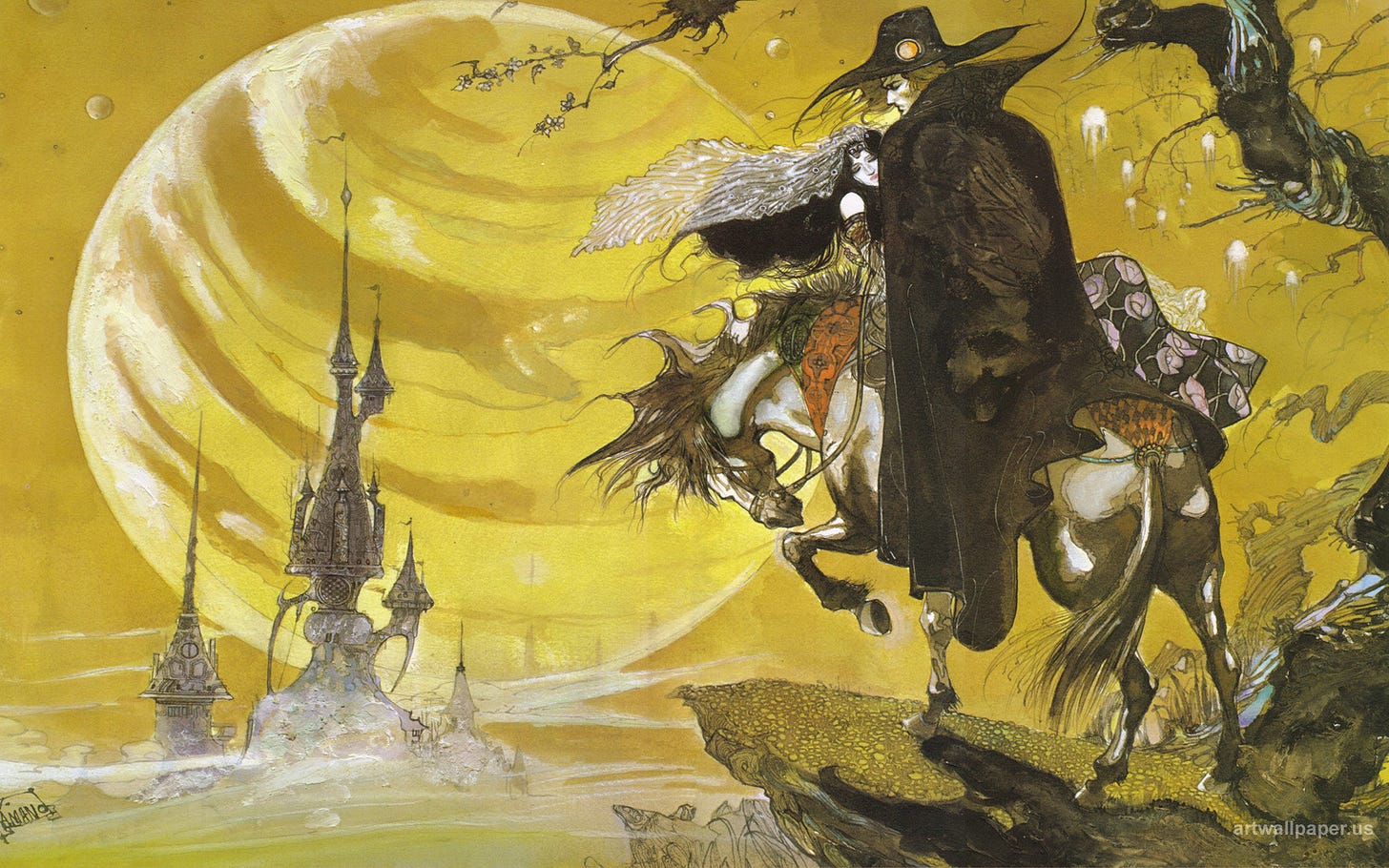Once upon a time, long ago but not so far away, I used to teach teenagers how to write speculative fiction. I found it pretty fun and only stopped doing it because my real job got in the way. But something I enjoyed doing was collectively bringing a world together.
This was often the first thing I did with my classes. I’d let them just shout out ideas and I’d dutifully and hurriedly write them all on the whiteboard. Obviously this led to worlds that didn’t cohere, but I just told them to keep throwing out the ideas, to give it all, to bring any concept they want to explore.
If you’ve ever taught teenagers, you know that the last thing a group of them wants to do is participate in a class, even if it’s one that they chose and asked their parents to pay for. The exercise always began slow and sometimes even had me greasing the gears, if you get me. But once one or two said something, this would either encourage others or others would see this idea and it would spark some other, new, different idea, or have them embellishing and elaborating or cooperating with the idea already stated.
My room, in a matter of minutes, went from dead silence to a bit raucous, which eventually brought the joke ideas, but I wrote those down too. I wrote it all down.
And I’ll pause here to say a bit more about the joke ideas and why I included them.
These, to me, are the most important ideas. Not because they’re the best—they almost never are—but because I think teenagers, especially those aspiring to be serious artists, need to hear that there’s great power in humor. Yes, we all love when Jedi swing their lightsaber or when Aragorn saves the day outside Minis Tirith or when Ned Stark loses his head or Luke Skywalker loses his hand, but those moments only matter to the degree that they do because of the humanity we find in these characters.
And to be human is to laugh. Humor is what we are.
I’ll leave that thought there or I’ll end up writing for an hour about humor and that’s not why we’re here today.
Once we had a whiteboard full of concepts and ideas, I’d midwife this towards a world that is internally consistent. This is more important than your world being realistic or even physically (as in according to the laws of physics) possible. Your world needs to make sense on its own terms, which is to say that you can break whatever rules of logic and reality you want, but you need to account for what that means.
For example, if you just want to write the Napoleonic era but add dragons, you need to account for the social, agricultural, and military outcomes this has on your world. Failing to do this makes your world feel squishy and insubstantial.
And that doesn’t mean that we need a dry and exhaustive understanding of dragon economics, but it does mean that you need to consider what it means for people in a world where giant firebreathing lizards routinely fly through the air, burninating the countryside.
And so what I want to encourage you to do, you writer, you, is to open up a word document or—maybe even better—grab a blank piece of paper and just dump any SFF idea you’ve ever had or ever dreamt of having and just start writing them down. Doesn’t matter if they make sense or go together. Just write it down.
Maybe close your eyes, if that helps.
When you’re done making a mess of that page, take your goodtime hat off and replace it with your editorial hat and start finding throughlines or concepts worth chasing. Then take that hat off and put on your writing hat and see what resonates. What brings a face or image or situation or scene to mind.
And it really is that easy to start a new SFF novel.
Go try it today.
And then, if you’re up for it, take some of this energy and look at this previous invitation.
Sci-Friday: An Invitation, a Publishing Opportunity
Writing is a weird hobby. I’ve always thought this. I’ve even written about it before. But writing is also a lot of fun and one thing that I think gives it the potential to be even more fun is to make it an open invitation to join in on the action. With that in mind, I formally and officially invite writers to take part in the worlds I’m making.
My novels:
Glossolalia - A Le Guinian fantasy novel about an anarchic community dealing with a disaster
Sing, Behemoth, Sing - Deadwood meets Neon Genesis Evangelion
Howl - Vampire Hunter D meets The Book of the New Sun in this lofi cyberpunk/solarpunk monster hunting adventure
Colony Collapse - Star Trek meets Firefly in the opening episode of this space opera
The Blood Dancers - The standalone sequel to Colony Collapse.
Iron Wolf - Sequel to Howl.
Sleeping Giants - Standalone sequel to Colony Collapse and The Blood Dancers
Broken Katana - Sequel to Iron Wolf.
Libertatia; or, The Onion King - Standalone sequel to Colony Collapse, The Blood Dancers, and Sleeping Giants
Some free books for your trouble:




This sits well with "do the weirdest thing that feels right." Be weird and wacky because words are cheap. Go wild, make sense of it later.
Oh I love this, I want to try it!
And I'm willing to bet those teenagers look back fondly on those classes! I still think about with appreciation and joy on my creative writing teacher from high school.